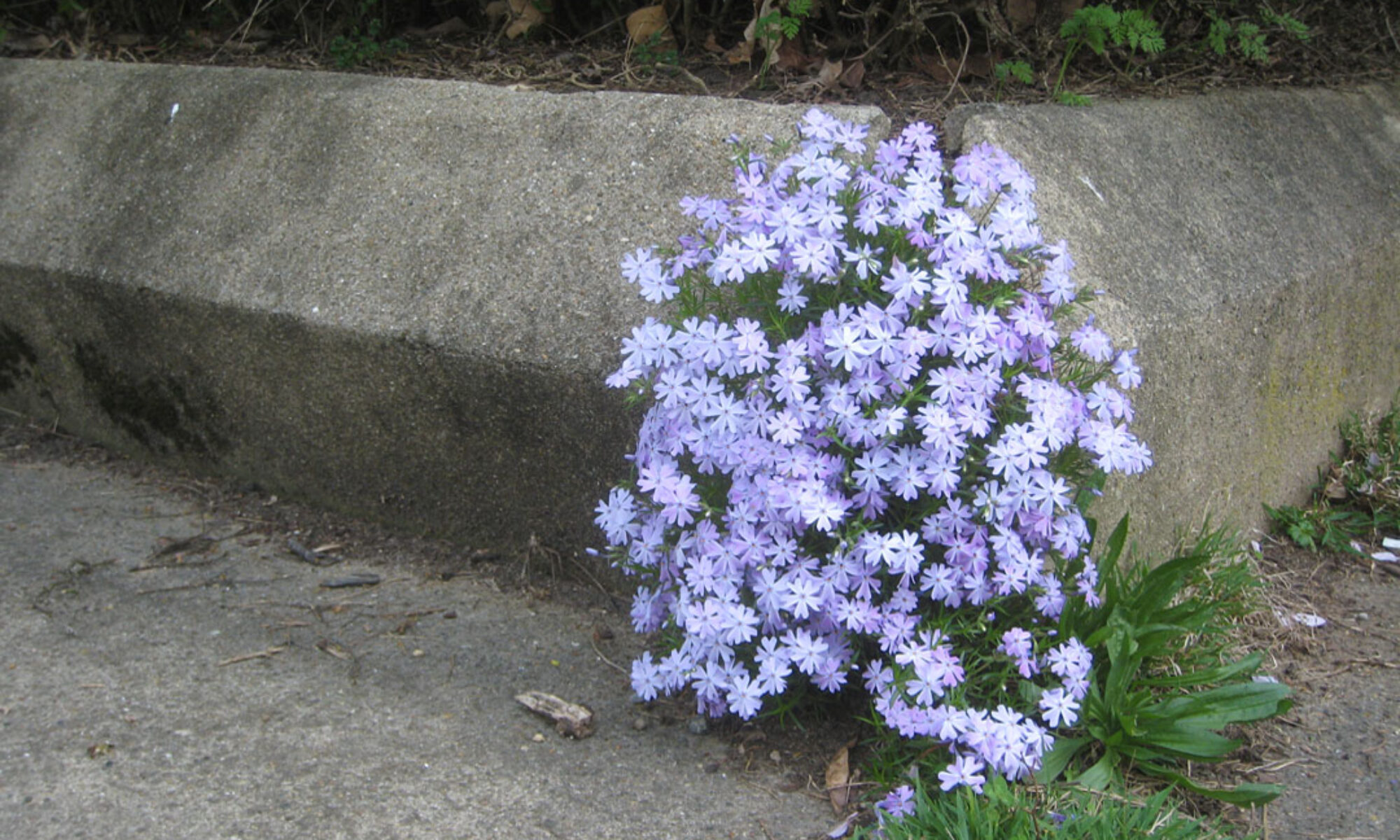Apartheid is no longer the law of the land in any country in Africa. However, its aftermath is easy to see. If you’re wealthy in Africa, you’re probably white. If you’re poor and out of work in Africa, you’re probably black. But in the working/middle class, there are many signs of change.
In Swakopmund, Namibia, we had an opportunity to tour a part of the city called “the township.” Our vehicle left the tourist part of town with paved streets and well established trees. We were headed for the area where the workers lived and beyond that, to the poorest of the poor. No pavement. No trees. En route, our guide prepared us for what we would see by talking about challenges that the community faces and the infrastructure being established to deal with them.
Once we were in the township, our first stop was at an open-air market. Our guide explained that both men and women were developing business skills and working to support their families.
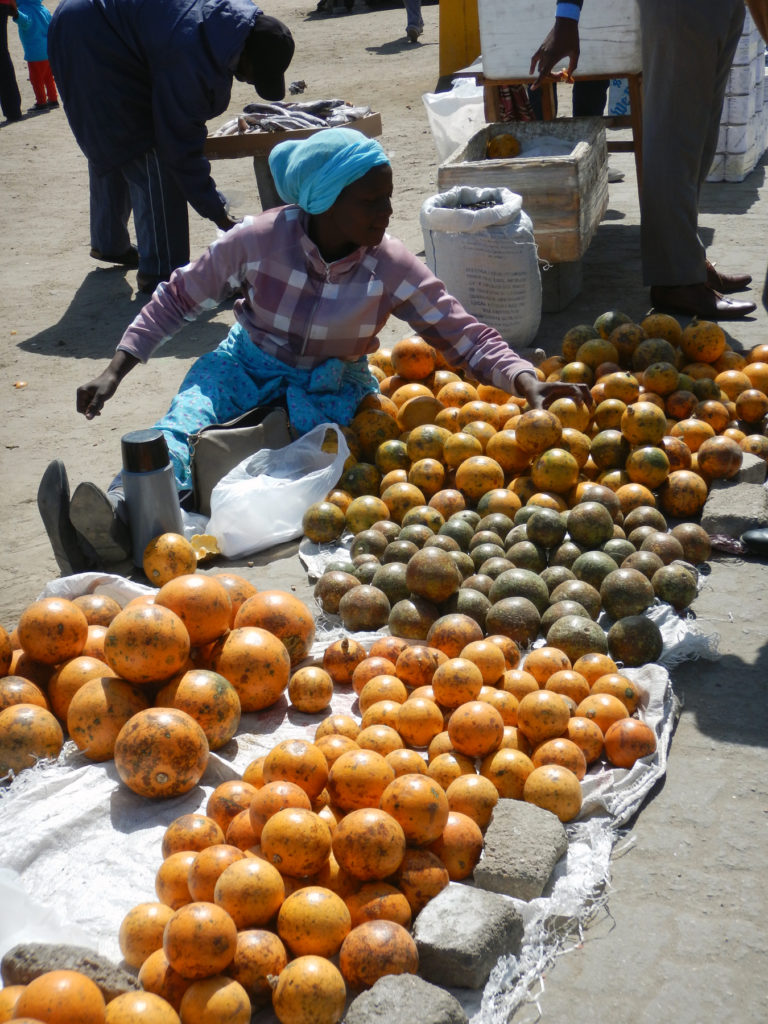
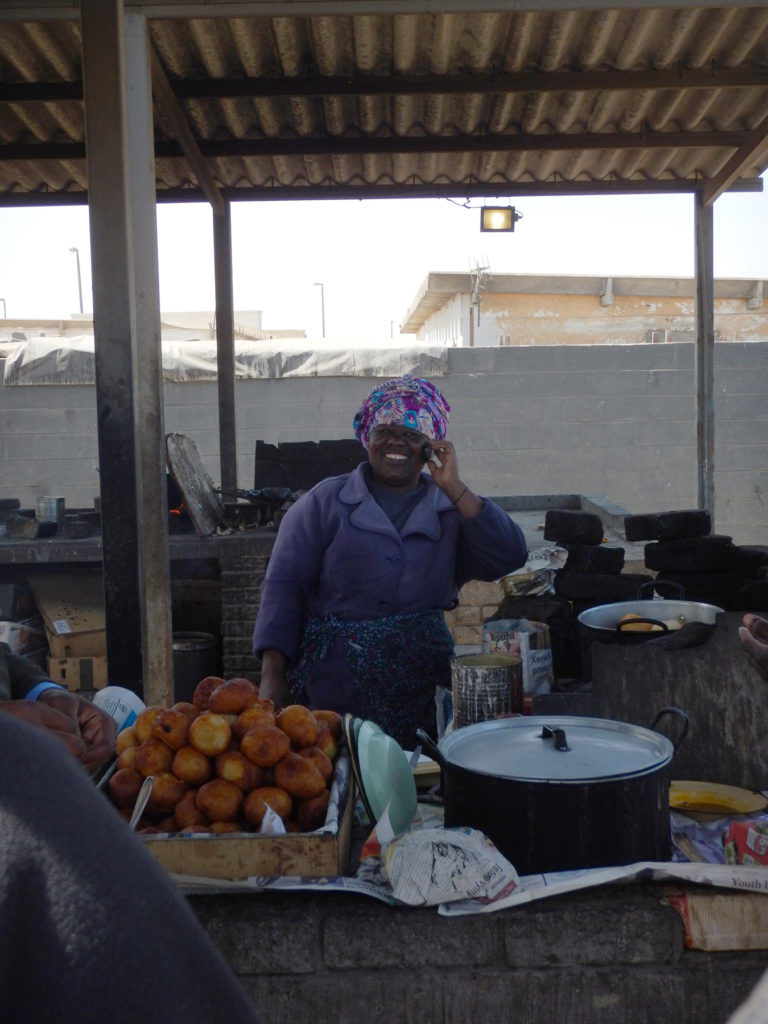
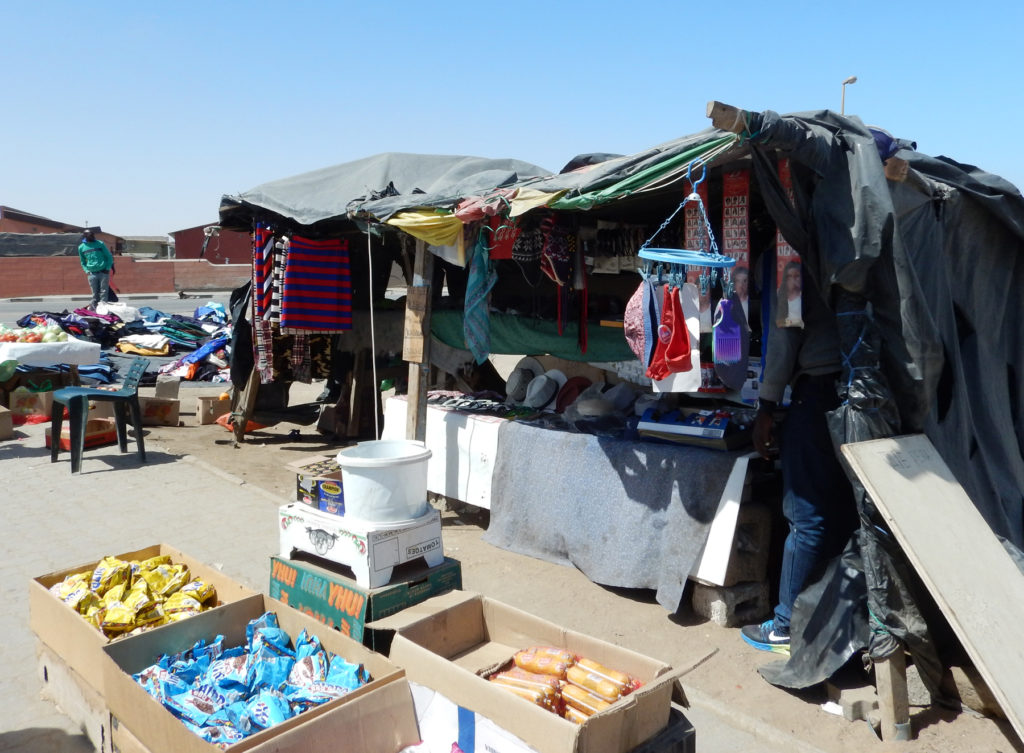
Away from the market we met people whose businesses were closer to home. Every house had a certain amount of yard space. Many of the yards had small structures that served as temporary housing for another family and provided another source of income.
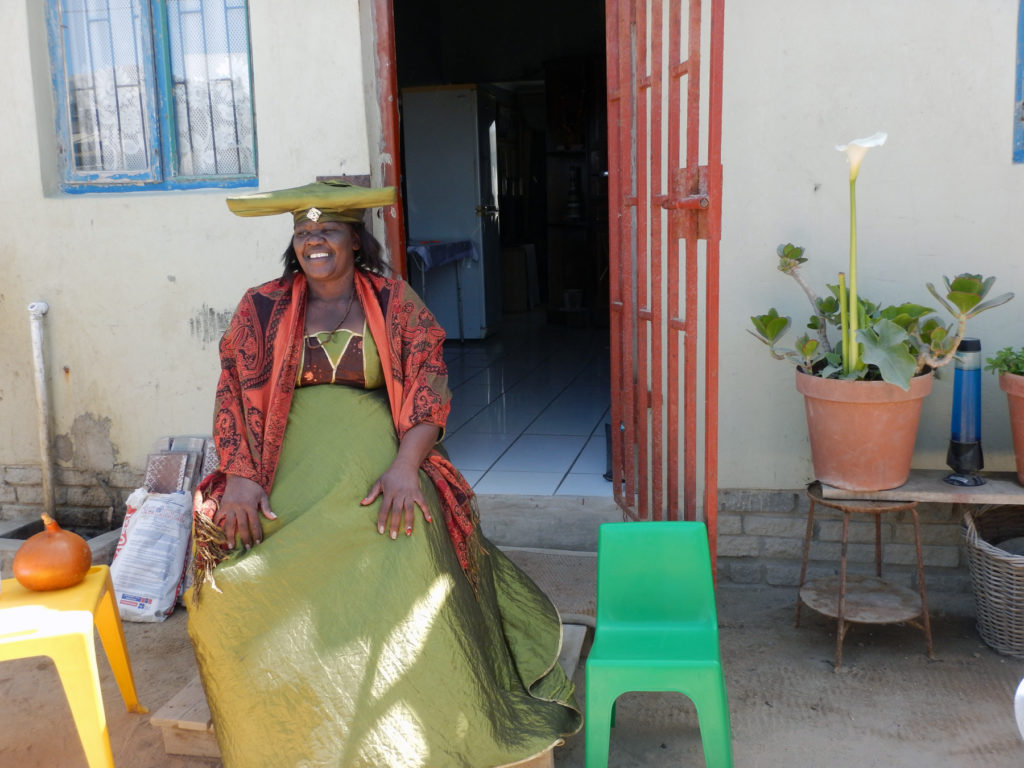
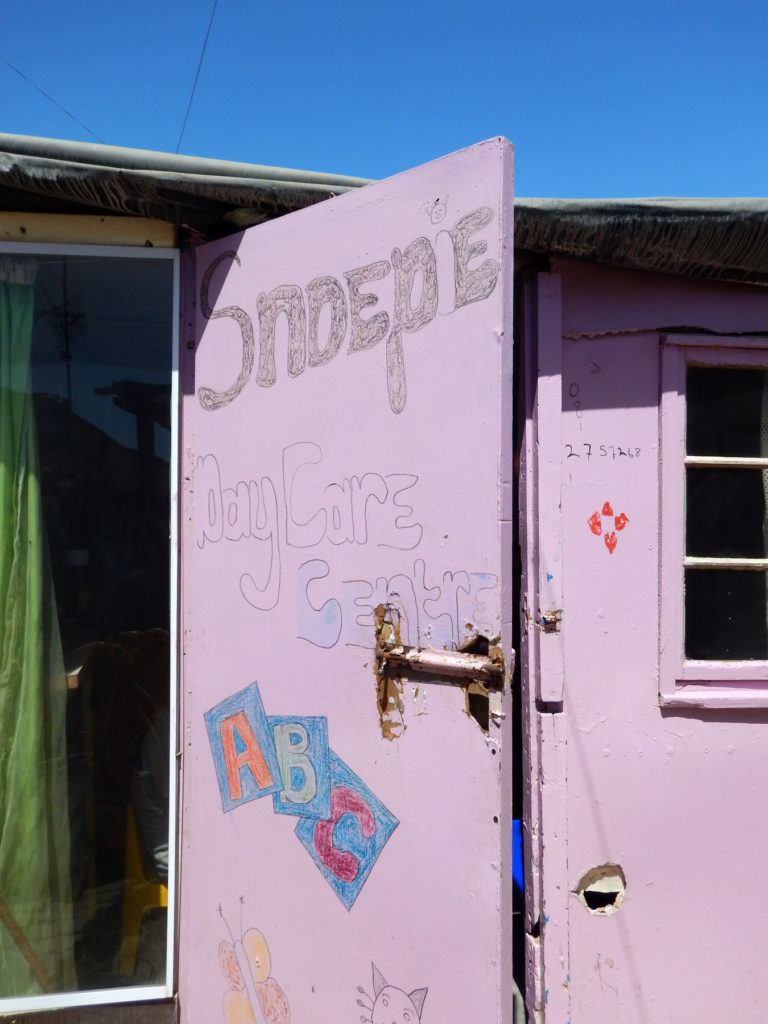
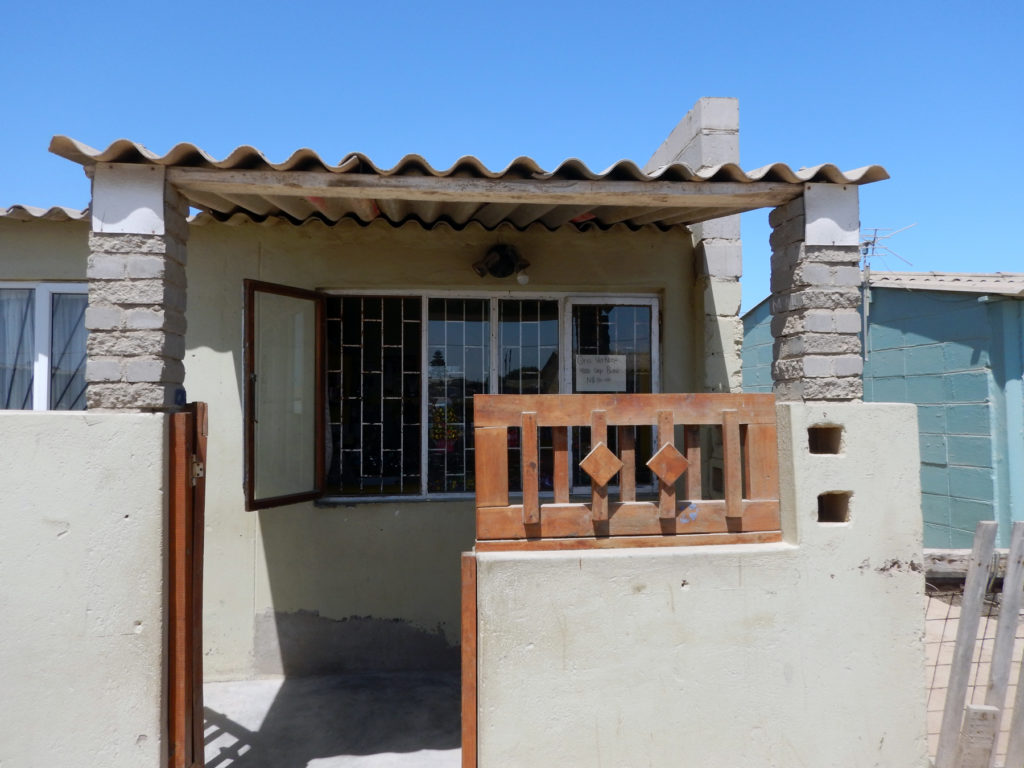
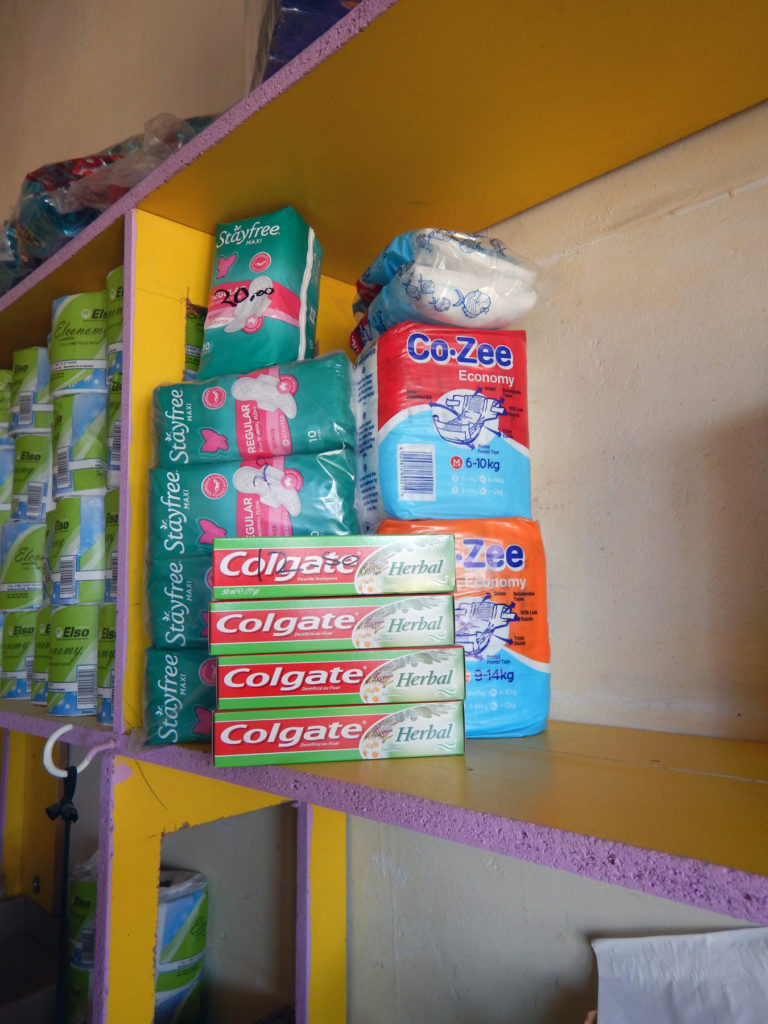
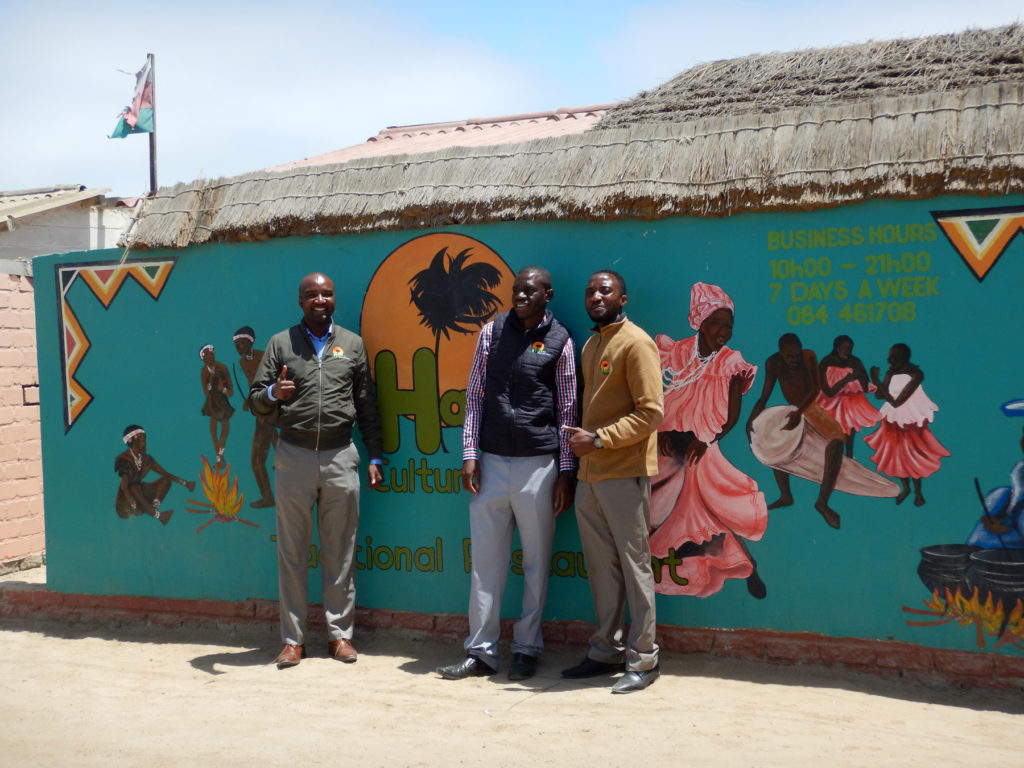
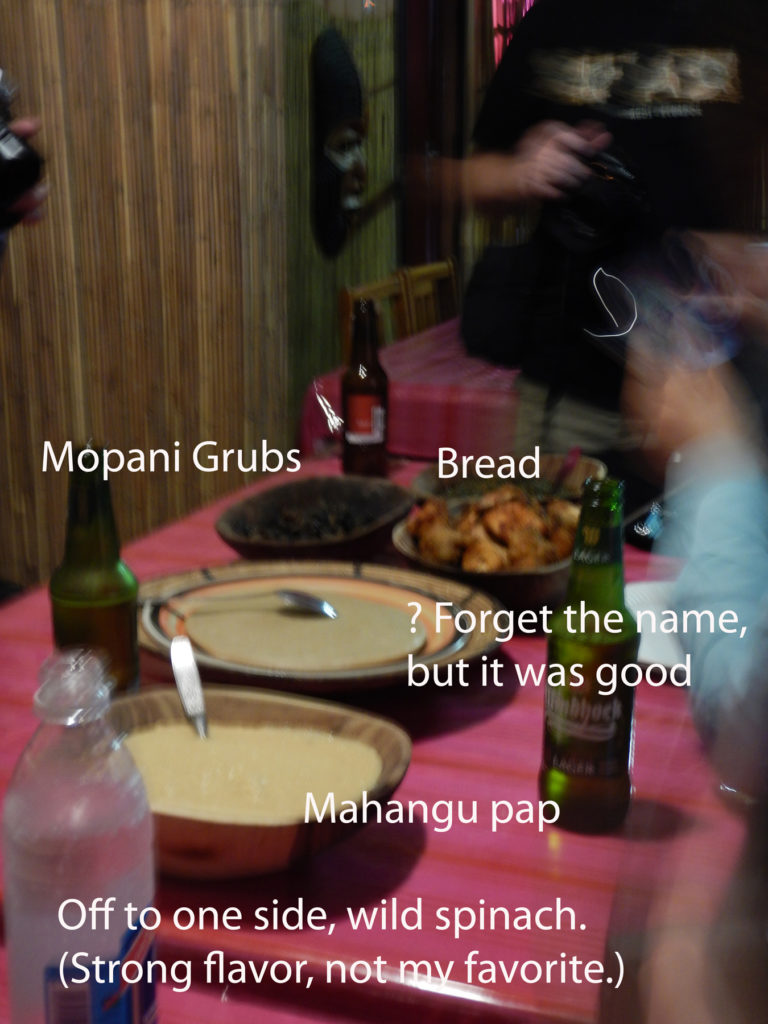
During lunch the group African Voices sang to us. They plan to travel in Europe over the next several months.
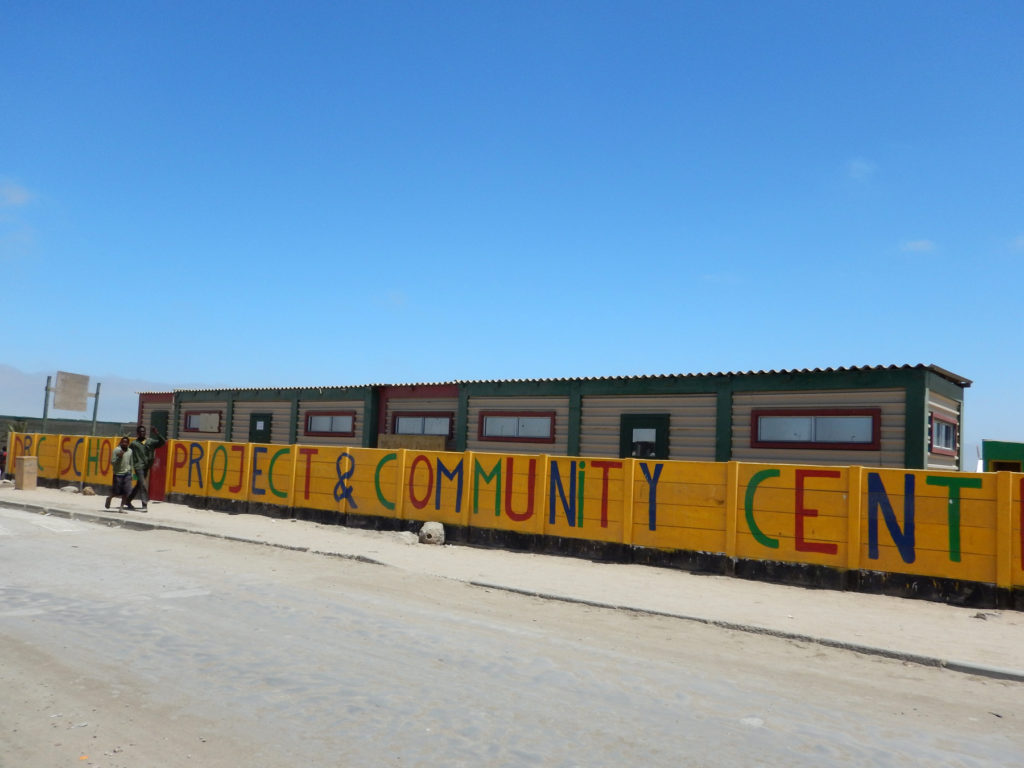
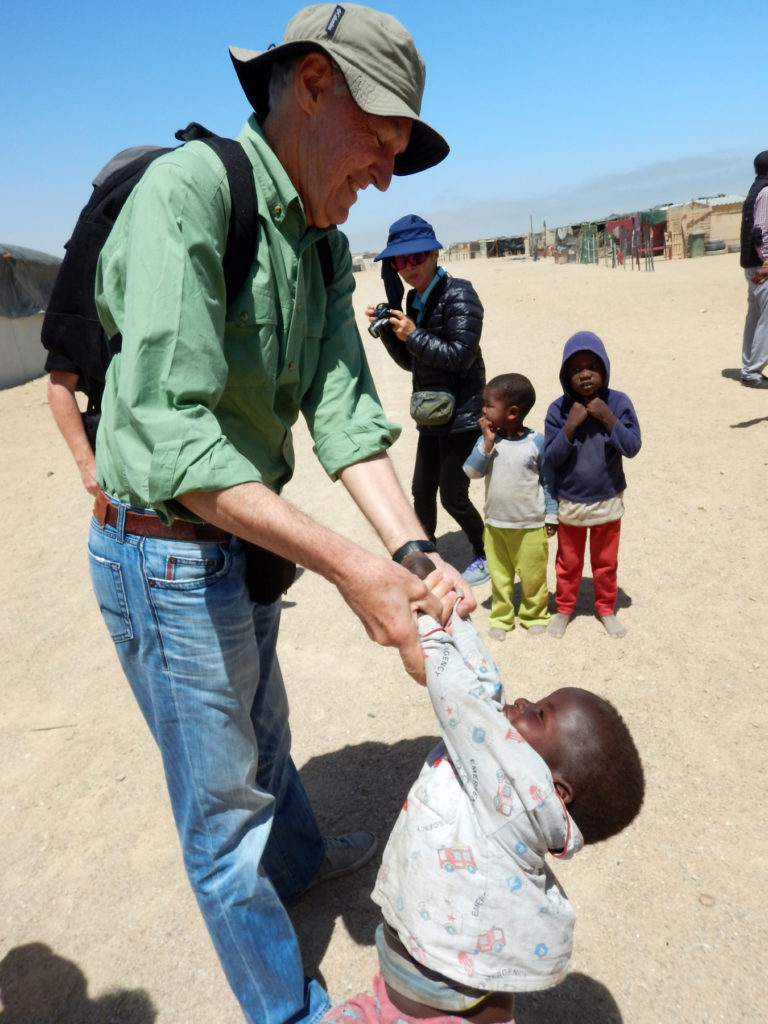
I was discouraged to see all the temporary homes built of corrugated scrap metal and any other material available, but our guide encouraged us to see hope for the future. Namibia has a national lottery that helps low income people qualify for home loans. He showed us the neighborhoods that were already platted with infrastructure for electricity and water. Permanent homes would be built there in the next few years.
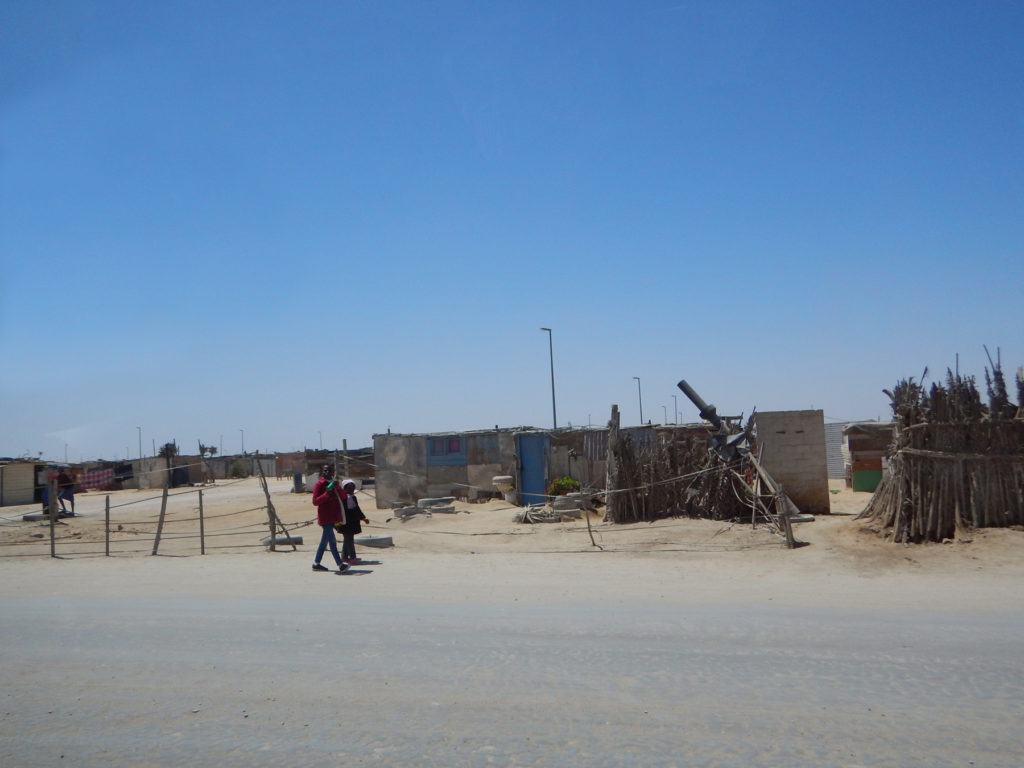
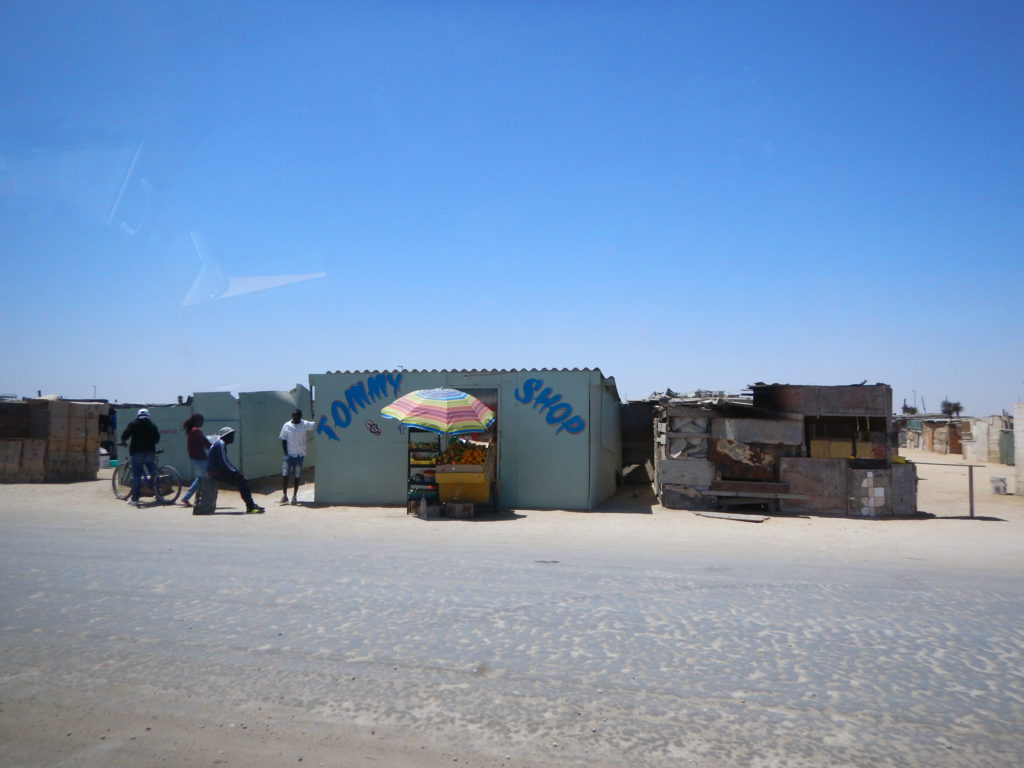
In the United States we still see the impact of slavery more than 100 years after ending it. I hope that Namibia and other African nations will be more successful in bringing equality to all people in not only its legal system but also its educational and economic systems.
